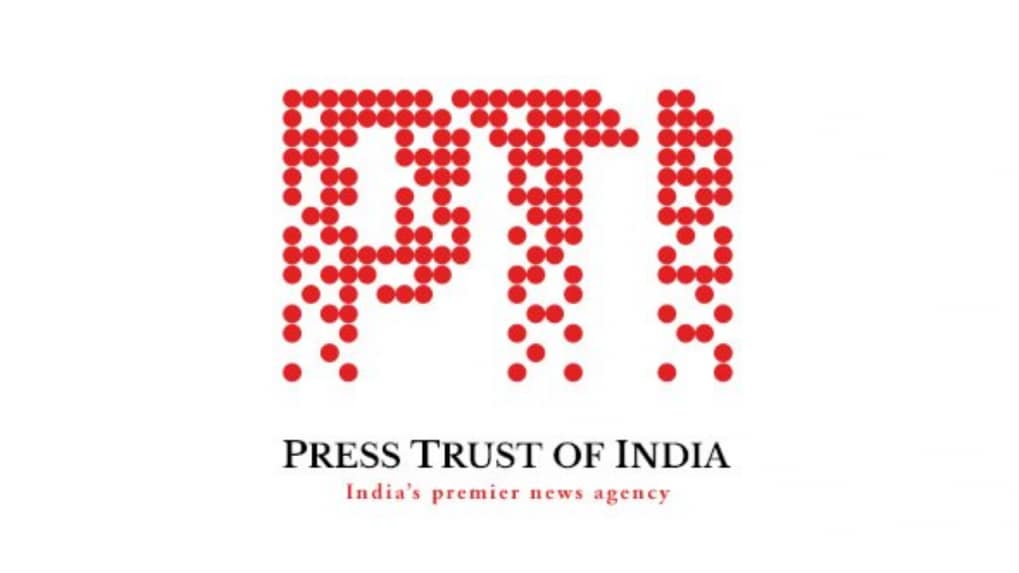PTI launches affordable video licensing for creators amidst ANI's copyright crackdown
As ANI faces legal challenges over content use, PTI (Press Trust of India) has offered a creator-friendly alternative to support ethical content sharing.
ADVERTISEMENT
The Press Trust of India (PTI) has announced an affordable licensing program for individual creators seeking to use its video content on platforms like YouTube and social media.
This initiative comes in the wake of controversies surrounding Asian News International (ANI), which has been issuing multiple copyright strikes against YouTubers for unauthorized use of its video content.
PTI's announcement, made via a public statement on X (formerly Twitter), emphasizes its commitment to credible journalism and ethical business practices. The agency encourages creators to contact its Sales and Marketing team for licensing inquiries.
"Dear YouTube content creator community, we are aware of the recent issues faced by you on copyright. As India's most trusted news agency, we at PTI remain committed to credible journalism and ethical business practices.
To support responsible content creation, we offer individual YouTube creators highly affordable access to PTI video for your YouTube content and for use in other social media platforms," the news agency said.
It is to be noted that multiple Indian YouTubers have raised concerns after ANI threatened to issue copyright strikes for using the footage they published without a licensing agreement. The newswire allegedly demanded up to Rs 48 lakh annually and additional GST costs for footage usage.
Critics argue that ANI's leverage over creators is enhanced by YouTube's policy of terminating channels after multiple copyright strikes within a short period, leaving creators with little choice but to comply.
YouTube's copyright policy lets rightsholders file strikes against channels, and it is up to those involved or the courts to sort things. While the platform has some tools for disputing these claims, but if a channel gets three strikes in 90 days, it can be shut down. This puts pressure on creators to settle instead of fighting back in court.
YouTubers like Mohak Mangal have contested ANI’s decision. Mangal, in a letter to the Minister of Information and Broadcasting, Ashwini Vaishnaw, said their action violated creative expression and set a wrong precedent.
Several other smaller creators have also alleged they were strong-armed into pricey licensing deals to avoid losing their channels.
The news agency, ANI, meanwhile has maintained it is within their rights to enforce copyright, saying it invests heavily in content production.

